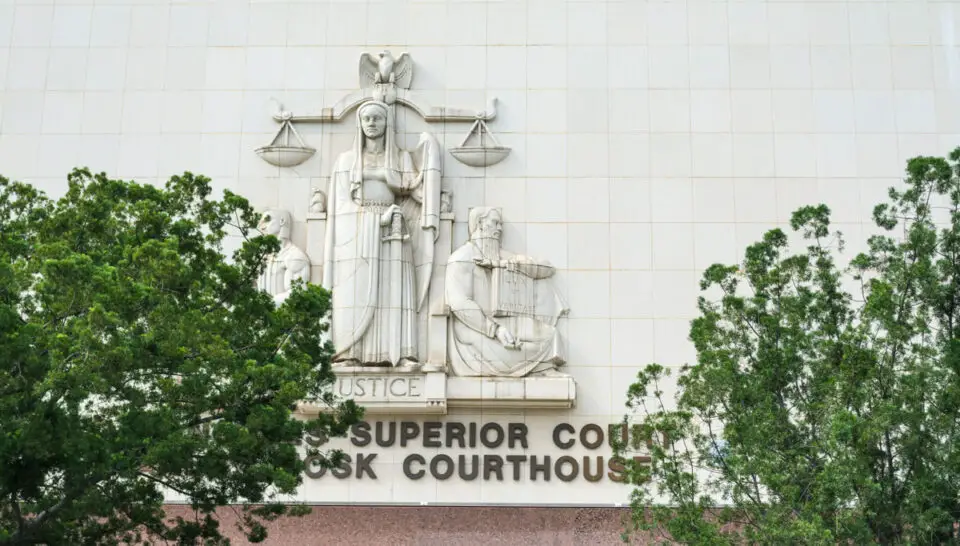LOS ANGELES — Senate Bill 9’s mandate for cities to allow lot splits in single-family residential zones is not reasonably related to the production of affordable housing, interferes with local government, and is, therefore, unconstitutional, according to a ruling issued in Los Angeles County Superior Court this week.
The cities of Del Mar, Redondo Beach, Carson, Torrance, and Whittier sued the state of California in 2022, arguing that SB 9 was invalid because it infringed on charter cities’ rights to run and manage their municipal affairs and failed to ensure the creation of affordable housing.
Los Angeles County Superior Court Judge Curtis A. Kin ruled on April 22 in favor of the cities.
SB 9, which went into effect in 2022, mandates that municipalities ministerially approve the creation of two primary dwelling units on a single-family lot and urban lot splits, or the subdivision of lots zoned for a single dwelling, into two parcels.
While the state has touted the bill as another means of creating affordable housing, it has generated anxiety for cities, particularly smaller coastal enclaves like Del Mar, about its impacts on parking and changing the character of residential neighborhoods.
In his ruling, Kin said the state could not support its argument that the required upzoning would result in an increase in “affordable” housing, which the plaintiff cities argued is defined as below market rate.
Instead, the state argued that “affordable” can refer to the short-term promotion of housing affordability at all income levels and the “subsequent promotion of affordability at lower income levels by increasing overall housing availability.”
“To justify SB 9’s interference with municipal concerns of land use and zoning regulations, the legislature cannot rely on a potential, eventual decrease in prices resulting from increasing housing supply to demonstrate SB 9 would increase the supply of affordable (i.e., below-market-rate) housing,” Kin’s ruling stated.
For now, the state is also ordered to cease enforcement of SB 9.
The decision has major implications for the ever-growing number of housing development laws in California, which have faced pushback from cities throughout the state. Attorney General Rob Bonta’s office indicated they will continue to fight for the bill.
The Attorney General’s Office emailed a statement saying, “We are reviewing the decision and will consider all options in defense of SB 9.”
The city of Del Mar was a late addition to the lawsuit, joining the other cities in 2023. Del Mar City Councilmember Terry Gaasterland said the state’s failure to support their theory of “trickle-down” affordable housing was a pivotal part of the case.
“What the judge is saying is that the state provided no evidence that simply providing new units would lead to affordable units,” Gaasterland said. “We need to build the housing that people need and want. That is not what’s happening with any of this legislation.”
While involved in the lawsuit, Del Mar was still required by the state Housing and Community Development Department to adopt an ordinance approving local SB 9 regulations last June. At the time, the city added its own affordability requirement, stating that for two-unit developments on a single-family lot, at least one unit must be deed-restricted for 55 years as a lower-income rental.
The local ordinance has yet to go into effect in the city while it awaits California Coastal Commission approval.
“I’m gratified that the people of Del Mar, and the Planning Commission, and our council looked at SB 9 and said ‘we have to implement it, but we’re gonna require affordable housing as part of it.’ We kind of called their bluff in advance,” Gaasterland said.
The Coast News has also contacted the Del Mar City Manager for comment.




